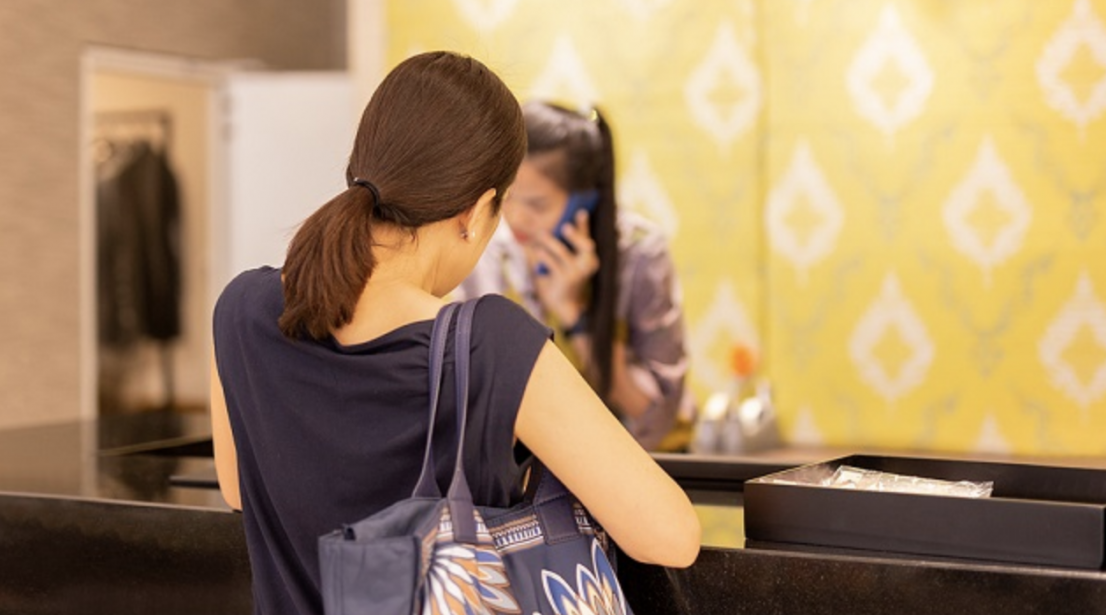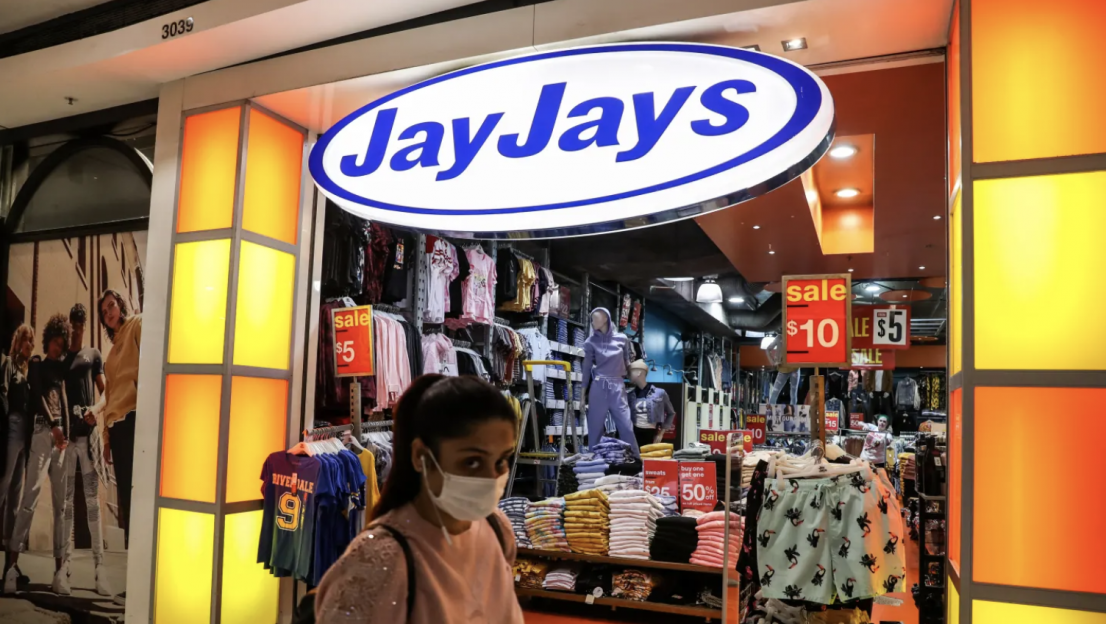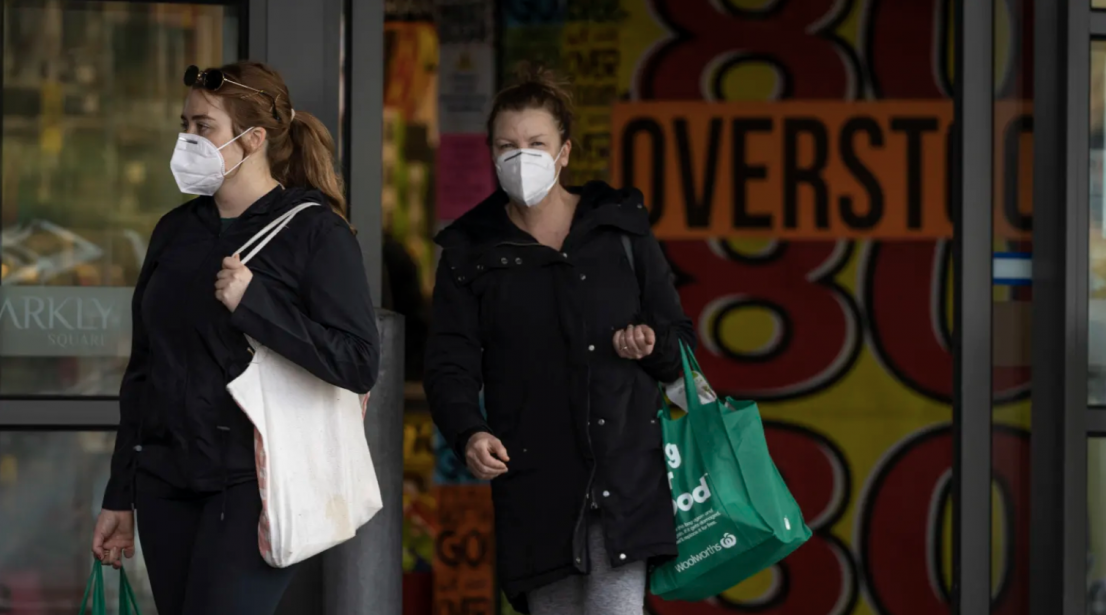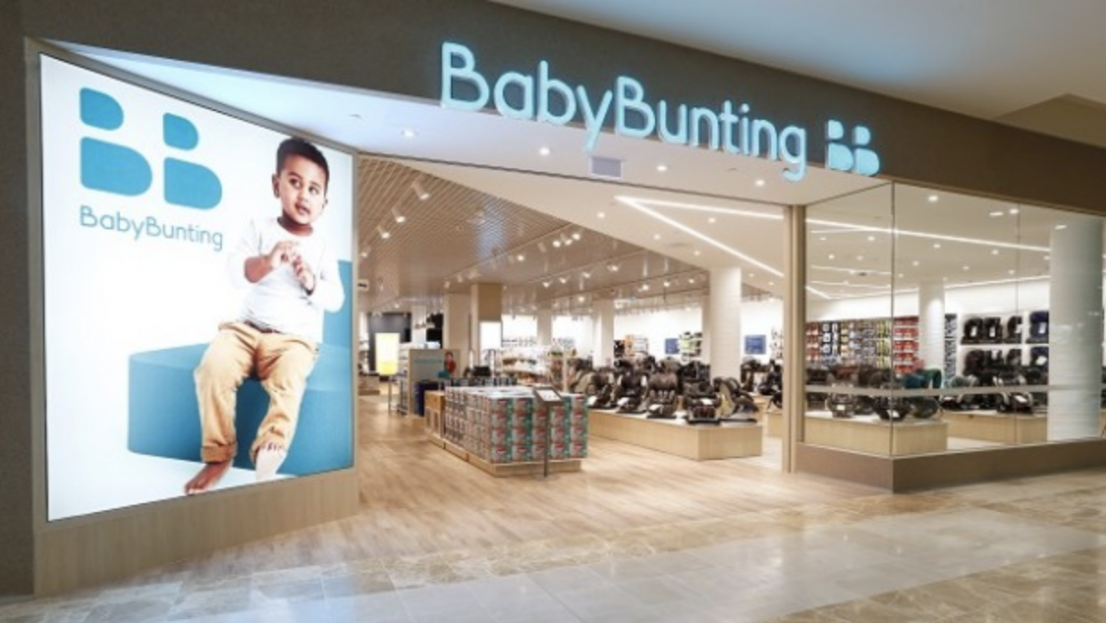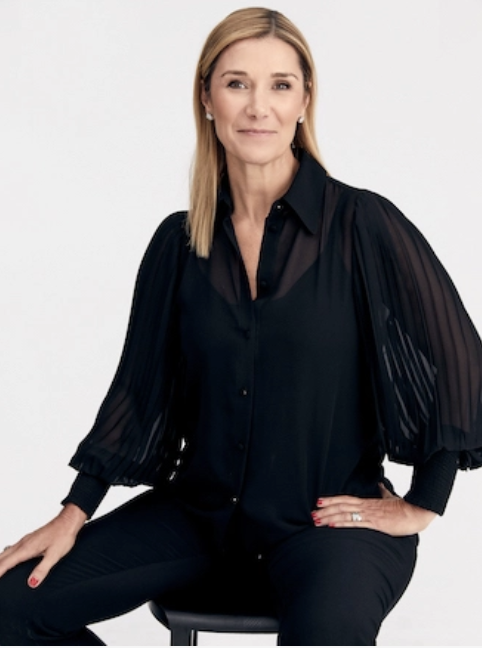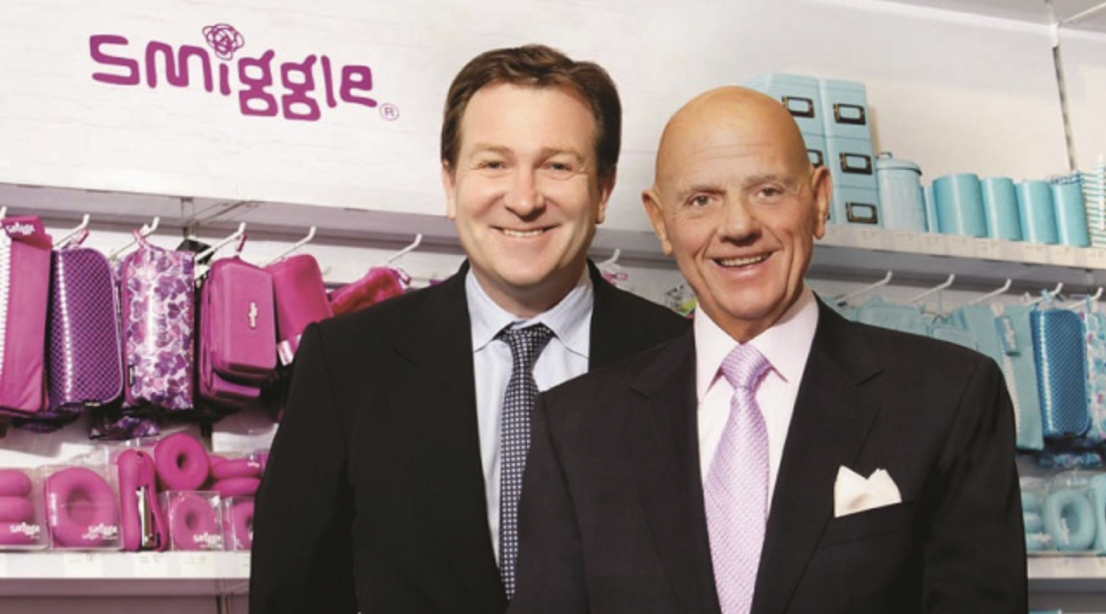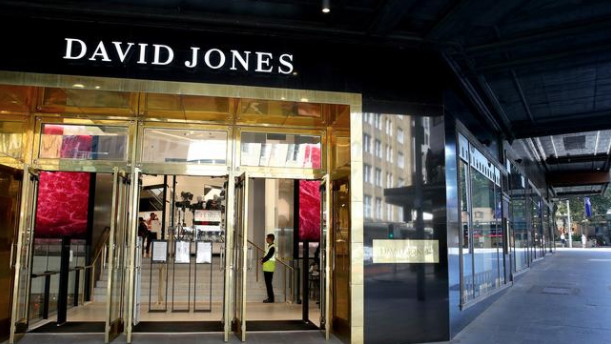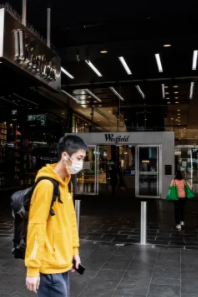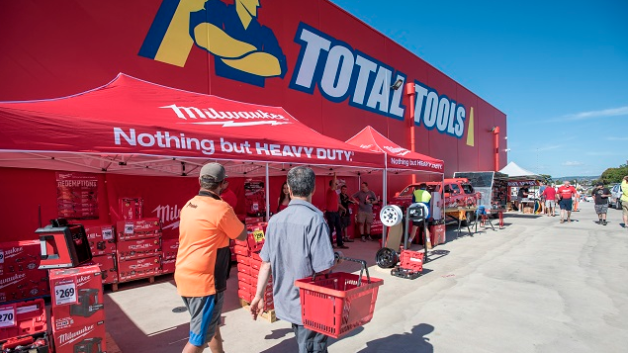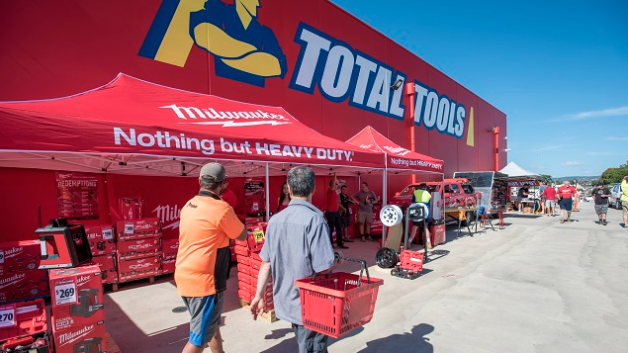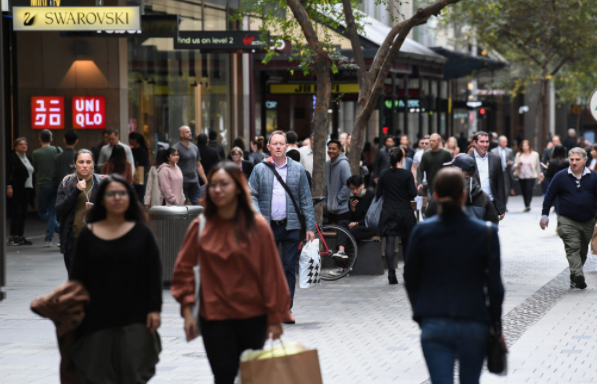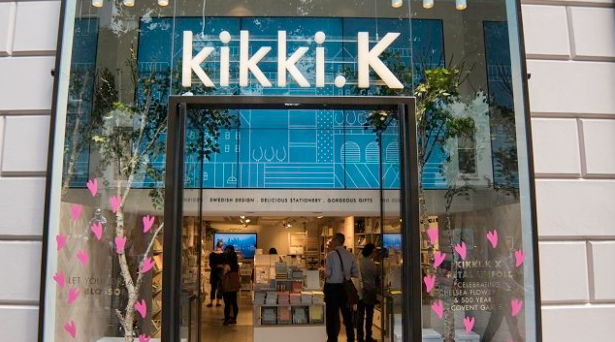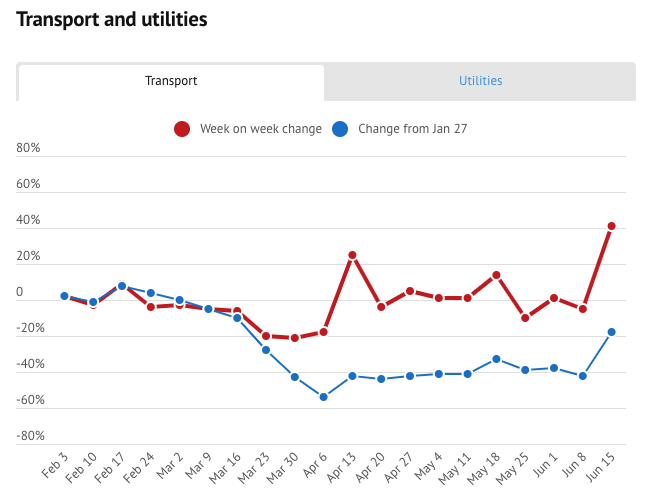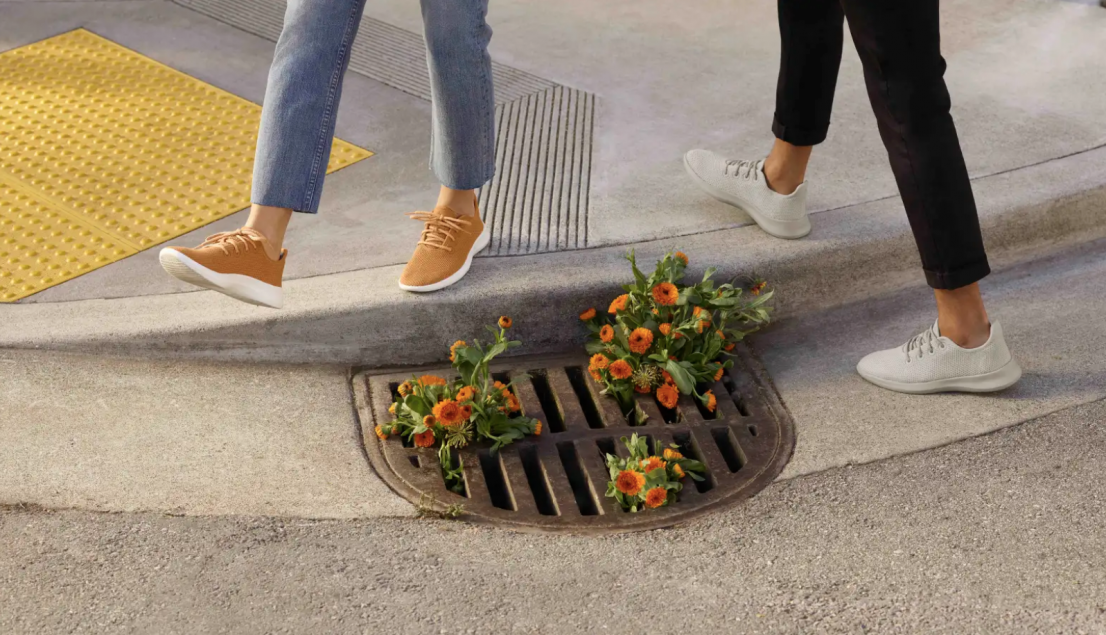
f all you know of Allbirds is that it is a Millennial-cool sneaker company that periodically serves you timely advertising for its eco-friendly products, that’s fine: through that direct-to-consumer communication, Allbirds has become a unicorn, valued at more than $US1 billion ($1.45 bllion) with combined funding of $US150 million.
Now the brand, co-founded by New Zealander Tim Brown, is ready to make the leap into apparel, betting on the idea that if people like its all-wool sneakers so much, they might just like its eco-friendly underwear, too.
“We’ve always had the ambition to bring our sustainable material innovation and design approach to apparel,” says Brown, a former professional soccer player who, having worn plenty of sneakers and athletic shoes in his time, saw a gap in the market for a stylish, comfortable and sustainable shoe.
Using Kickstarter, he raised $US120,000 in just five days to make a prototype of the shoe he dreamed of and, after connecting with Silicon Valley veteran Joey Zwillinger, a clean energy expert and biotech engineer, the company found its footing, raising $US2.7 million in seed funding and attracting the likes of actor Leonardo DiCaprio as an early investor.
Two years ago, the brand launched socks in the same way it had made its shoes: by throwing out the rule book and creating something entirely new. Like the sneakers, the socks are almost glove-like: made of wool, in a single weave, without seams.
Its socks are made with a new yarn, developed by the brand, called Trino, which combines Tree material (also known as Tencell Lyocell, a fabric the brand developed using eucalyptus pulp, which uses 95 per cent less water than cotton in farming) and super fine merino wool. The result is a sock that is cooling, breathable and wicks away sweat (in other words, all the things a sock should do).
In just six years, Allbirds opened 18 retail stores, developed its first running shoe, collaborated with Adidas and called out Amazon on copycat claims.
“It quickly became clear that Trino would make incredible underwear,” says Brown. “The majority of the underwear category relies on cheap, chemical-laden materials and we saw an opportunity to bring these incredible natural materials where they’re most needed. The result is what we think is a wonderfully comfortable, breathable product that’s better for you and the planet.”
The underwear is free of logos and patterns, just as the shoes are. And although the shoes (and undies, and socks) are packed with eco-bona fides, the price point is refreshingly accessible, starting from $140 for a pair of sneakers.
In just six years, Allbirds has opened 18 retail stores, developed its first running shoe, collaborated with Adidas on a carbon-neutral shoe, and called out Amazon over copycat claims while snarkily insisting that the e-tail giant had missed the most important part of imitating its shoe: its Sweetfoam technology, a sugarcane-based foam that forms the base of its sneakers and is carbon-neutral.
In 2019, Zwillinger and Brown made the formula for Sweetfoam public – the equivalent of Google giving away its source code.
“It’s one of our proudest innovations,” says Brown. So far, more than 100 companies – although no, not Amazon – have used the formula in their own products. “Not only will these products have lower carbon footprints, but the collective volume of orders will also act to lower the cost of the material itself.”
It’s a good example, says Brown, of financial incentives aligning with environmental values. “Hopefully it proves that small companies can show the larger footwear industry new ways to tackle the challenge of making products more sustainably.”
For all its success – and press – Allbirds is still a little fish in a very big pond. Even with a valuation of more than $US1 billion, it pales alongside Nike, which is valued at $US34 billion, and Adidas, at $US16.6 billion. But despite its youth – just six years old compared with Nike’s 56-year history and Adidas’ 71 – Allbirds is growing at an impressive rate.
Last year, the company launched into China, the world’s biggest e-commerce market, on Singles Day (similar to Black Friday, which usually sets sales records for the year). It was the first time Allbirds handed its distribution model over to a third party (in this case, Alibaba; Allbirds is sold on Tmall). Although sustainability messaging has been slower to reach China than other markets, Brown is optimistic about the opportunity.
Our goal is to emit no carbon ... This is a race we are all running together. It trumps the day-to-day competition of individual companies.
— Tim Brown, Allbirds co-founder
“Although the environmental movement in China is growing quickly, sustainability in the fashion industry wasn’t yet a major focus for consumers, so we had to do more education out of the gate,” says Brown.
To assist, the brand opened four retail stores in China last year, hoping that the ability to touch the products and interact with staff will help sales. “There are still significant challenges, especially in the aftermath of the COVID-19 pandemic,” says Brown. “But we’re optimistic with where the market is headed.”
Ah, yes. COVID-19. How does a brand, which sources wool from New Zealand, manufactures in Italy, and has headquarters in San Francisco, survive the pandemic?
“We did have a period of a few weeks where our New Zealand and Australian businesses were offline due to nationwide lockdown, but we’re now fully operational once again,” says Brown.
Despite the upstart brand's youth, Allbirds is growing at an impressive rate.
Mercifully, production has not slowed, though he admits “the long-term economic impact has been profound”. Still, he says, there are reasons enough to feel optimistic.
“Firstly, we’ve seen our global community come together to fight a collective problem that hasn’t respected traditional borders. As the global economy has been put on pause, we’ve seen the environment fight back with coyotes [near] the Golden Gate bridge in San Francisco and air quality improving in many cities around the world. All of which gives us hope as we look forward to the next crisis we must all tackle: climate change.”
Allbirds' next step is to go carbon free: emitting zero carbon emissions through the manufacturing process.
And that, of course, is what Brown – and Allbirds – returns to, time and again as we speak. Of the Dasher, Allbirds’ first running shoe, he says, “it is just the beginning of proving that sustainability and performance are not mutually exclusive”.
As for the partnership with Adidas, Brown explains that Allbirds is “relentlessly committed to driving the conversation on sustainability”. Coupling with a bigger company such as Adidas, which has already created shoes from ocean plastic and collaborated with Stella McCartney on vegan leather, made sense: Adidas gives Allbirds reach, as well as serious clout.
But it is more than just street cred: Allbirds recently began numbering each of its products with a carbon score, and measures its own footprint down to the way employees commute to the office each morning. This is more than platitudes: it is business.
The next step, says Brown, is to go carbon-free: emitting zero carbon emissions through the manufacturing process.
“Though we already neutralise the carbon footprint of our entire business through carbon offsets, our ultimate goal is to emit no carbon in the first place.” The company isn’t in a place to do this yet, but Brown believes it’s a goal for its near future, and will rely on collaboration with other brands.
“This is a race that we are all running together as a planet,” he says. “It trumps the day-to-day competition of individual companies.”
